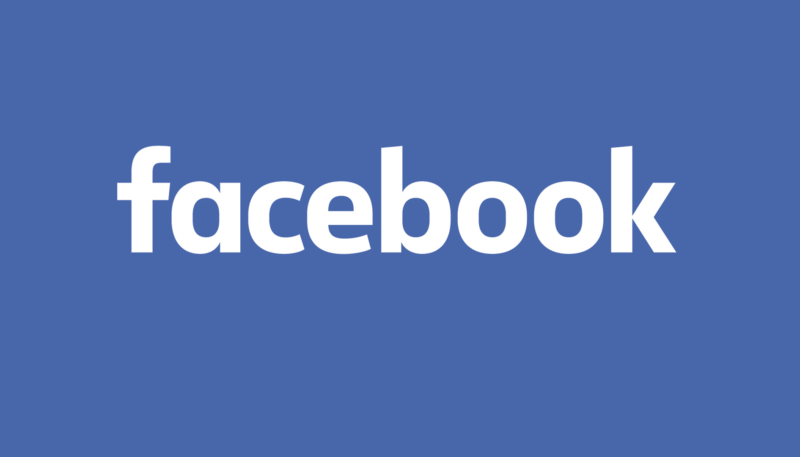Facebook is now banning users from sharing news on its social platforms in Australia in the face of proposed media laws in the country that would require social media companies to pay for news content.
Facebook claims that the proposed Australian Competition and Consumer Commission (ACCC) Media Bargaining law designed to balance the bargaining power between Australian news media businesses and digital platforms.
The draft code would allow news media businesses to bargain individually or collectively with Google and Facebook over payment for the inclusion of news on their services.
The code also includes a set of “minimum standards” for:
- providing advance notice of changes to algorithmic ranking and presentation of news;
- appropriately recognising original news content; and
- providing information about how and when Google and Facebook make available user data collected through users’ interactions with news content.
While Facebook and Google have had three months to negotiate with Australian media organizations over a solution. However, none of those discussions have borne any fruit. Facebook concluded that the law “seeks to penalize Facebook for content it didn’t take or ask for.” Google has gone so far as to threaten to pull its search engine from the country entirely.
In a press release, Facebook explained its reasoning behind the content block and its opposition to the proposed changes in the laws:
The proposed law fundamentally misunderstands the relationship between our platform and publishers who use it to share news content. It has left us facing a stark choice: attempt to comply with a law that ignores the realities of this relationship, or stop allowing news content on our services in Australia. With a heavy heart, we are choosing the latter.
This discussion has focused on US technology companies and how they benefit from news content on their services. We understand many will ask why the platforms may respond differently. The answer is because our platforms have fundamentally different relationships with news. Google Search is inextricably intertwined with news and publishers do not voluntarily provide their content. On the other hand, publishers willingly choose to post news on Facebook, as it allows them to sell more subscriptions, grow their audiences and increase advertising revenue.
In fact, and as we have made clear to the Australian government for many months, the value exchange between Facebook and publishers runs in favor of the publishers — which is the reverse of what the legislation would require the arbitrator to assume. Last year Facebook generated approximately 5.1 billion free referrals to Australian publishers worth an estimated AU$407 million.
For Facebook, the business gain from news is minimal. News makes up less than 4% of the content people see in their News Feed. Journalism is important to a democratic society, which is why we build dedicated, free tools to support news organisations around the world in innovating their content for online audiences.
As reported by MacRumors, the fallout from the ban is already curtailing access to the Australian Council of Trade Unions, Queensland Health, and the Department of Fire and Emergency Services WA. Other pages for charities, politicians, sports groups and other non-news organizations have also been affected.
Australia’s communications minister Paul Fletcher told Australia’s ABC News that Facebook needs to “think very carefully about what this means for its reputation and standing.”
“They’re effectively saying, on our platform, there will not be any information from organizations which employ paid journalists, which have fact-checking processes, editorial policies,” said Fletcher. “They’re effectively saying any information that is available on our site does not come from these reliable sources.”


